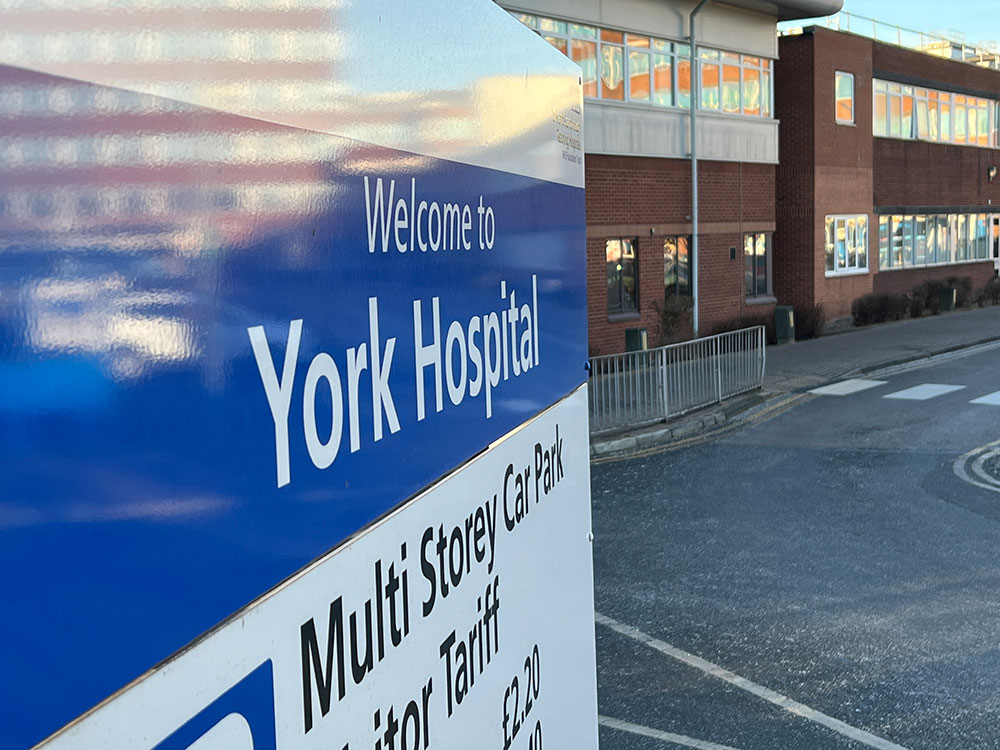Specialist staff working in York Hospital will support people with alcohol problems to cut down on their drinking.
The creation of alcohol care teams is part of York’s local action plan for drugs and alcohol.
York residents are admitted to hospital with a problem related to alcohol use at a higher rate than the national average and the city also has one of the lowest teetotal populations in the country.
Public health consultant Peter Roderick said there was “no simple answer” as to reasons for this.
While it could be the way York Hospital collects data, Mr Roderick said York’s relatively high alcohol use had been a consistent pattern over several years.
There are around 500 people in treatment for alcohol dependence in York in a given year – but it is estimated that there are five times that many people who could benefit from treatment who are not doing so.
It also means there are around 800 children in York living with adults who are dependent on alcohol.
City-wide, York’s population has good health outcomes, which makes the relatively high alcohol statistics stick out.
Text campaign

Alcohol care teams work with patients who are in hospital with a problem related to drinking, creating plans to address the issue to try to stop them being readmitted to hospital.
“If you turn up in York Hospital with an alcohol issue, you’re not always discharged with a good referral into community services for support,” Mr Roderick told a meeting of the health scrutiny committee.
“Even if our data was lower than average I’d like our hospital to have that level of care.”
At the end of last year, York residents over the age of 18 were sent information on how to lower their alcohol consumption via text for the first time, resulting a in a huge boost to the number of people accessing the city’s lower my drinking service.
[adrotate group=”3″]
Taking its lead from the government’s ten year strategy, the York drug and alcohol partnership local action plan will focus on breaking drug supply chain, delivering a “world class” treatment and recovery system and reducing demand for recreational drugs.
It aims to cut drug deaths and drive down the number of crimes associated with drugs.
The meeting also heard from North Yorkshire Police officers, who said the force was focusing more on supporting people who are vulnerable – either due to their additions or due to being targeted by drug gangs – to get help.
Someone who tests positive for drugs on arrest may not be sanctioned via the criminal justice system but instead be referred to a support agency, for example.
“It’s not the old police adage of chasing the baddy and putting them in prison,” one officer said.
[tptn_list limit=3 daily=1 hour_range=1]
